
New Rajasthan Bill Creates Unequal Rules for Religious Conversion
The Rajasthan Assembly passed the Rajasthan Prohibition of Unlawful Conversion of Religion Bill, 2025, on Sept. 9. One of its most troubling features is how it redefines religious conversion, saying that returning to one’s “ancestral religion” is not considered a conversion at all. This definition, also found in similar laws in other states, creates an uneven legal standard that protects some religious identities while exposing others to state scrutiny, criminal charges and harsh punishment.
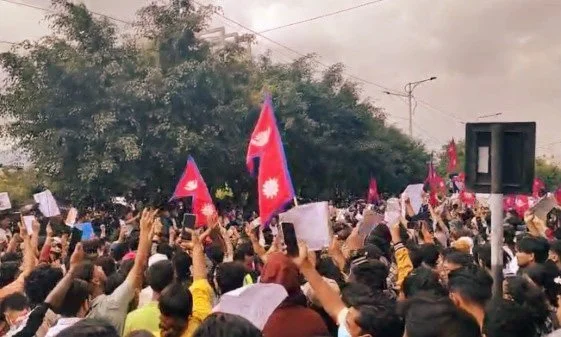
Why Nepal’s Gen Z Has Turned Against the Old Political Guard
Nineteen young protesters were killed in Nepal on Sept. 8 after security forces opened fire during demonstrations sparked by the government’s shutdown of major social media platforms. Their deaths have marked a turning point in Nepal’s politics, as a generation that has already seen good governance in action from younger public servants is now rising to remove a ruling class it no longer trusts.

Punjab Floods Kill 48, Ravage Villages and Farmland
Heavy rains and swelling rivers have unleashed devastating floods across Punjab, leaving 48 people dead and displacing hundreds of thousands. More than 2,050 villages in 23 districts have been inundated, affecting nearly 390,000 (3.9 lakh) residents. Restoring farmland productivity is now the state government’s most urgent task, while the Centre must move quickly to release relief funds.

Maharashtra Deputy CM Allegedly Threatens IPS Officer Over Mining Crackdown
A video has emerged in which Maharashtra’s Deputy Chief Minister Ajit Pawar is purportedly heard ordering a senior police officer to stop taking action against illegal soil excavation. Pawar’s party has attempted to explain the exchange, but the incident contradicts the constitutional framework that separates political authority from administrative functioning.

Journalist Shot Days After Reporting on Assam’s Eviction Drive
A journalist from Nagaland in Northeast India was shot twice during a reporting trip in the neighbouring state of Manipur. The attack came days after a senior political leader in Nagaland publicly rebuked him for airing critical views on the Assam government’s eviction drive.
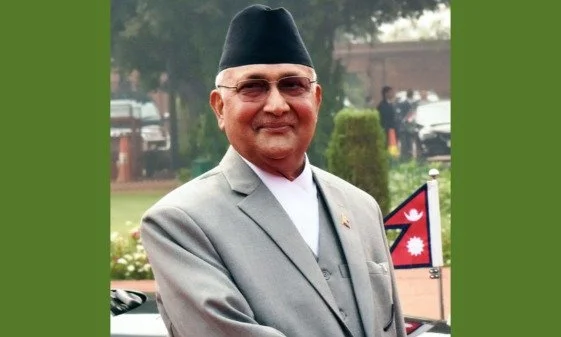
Are Nepal’s Leaders Blocking Social Media to Contain Rising Political Rivals?
Nepal’s government has ordered a nationwide shutdown of 26 social media platforms. The move appears aimed at suppressing independent political voices who have demonstrated credible governance and built popular support by engaging directly with citizens online, outside the control of established party structures.
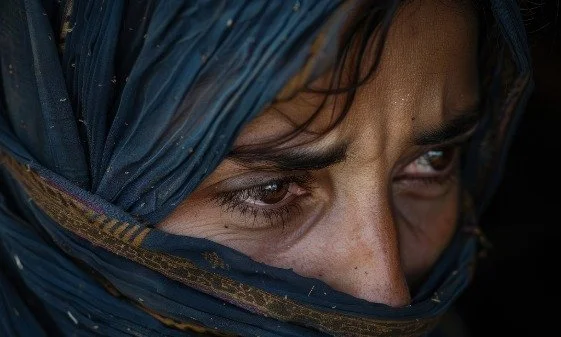
Indian Citizens Expelled, Foreign Migrants Exempted in Unequal State Action
Two contrasting news reports reveal institutional inconsistency in how citizenship rights are identified and protected. A 25-year-old Muslim woman, her husband and child were expelled to Bangladesh from Delhi despite holding multiple documents proving Indian citizenship, while the Ministry of Home Affairs (MHA) exempted undocumented non-Muslim migrants from Pakistan, Afghanistan and Bangladesh from prosecution under immigration laws if they entered India before Dec. 31, 2024.
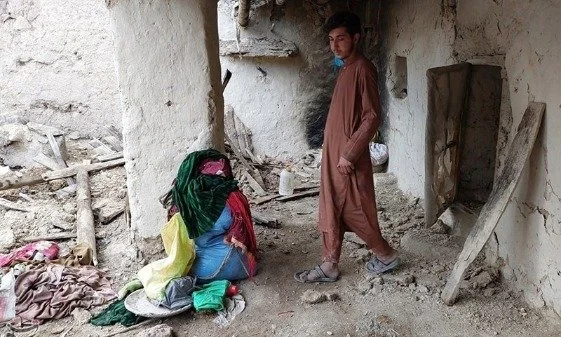
Earthquake in Afghanistan Kills 1,400, Demands Global Response Despite Politics
At least 1,400 people have died and more than 3,100 have been injured in a powerful 6.0-magnitude earthquake that struck northeastern Afghanistan on the night of Aug. 31. The scale of devastation and the lack of timely global support indicate the growing tendency to let geopolitics override humanitarian imperatives.

India’s Rollout of Ethanol-Blended Petrol Lacks Transparency and Fairness
India’s nationwide rollout of 20 percent ethanol-blended petrol, known as E20, has expanded rapidly since early 2023. The policy is part of a larger plan to reduce dependence on imported crude oil, increase income for farmers and meet environmental targets. While these goals align with national interests, the implementation has created widespread confusion, raised costs for vehicle users and triggered public concerns about fairness, transparency and long-term consequences.
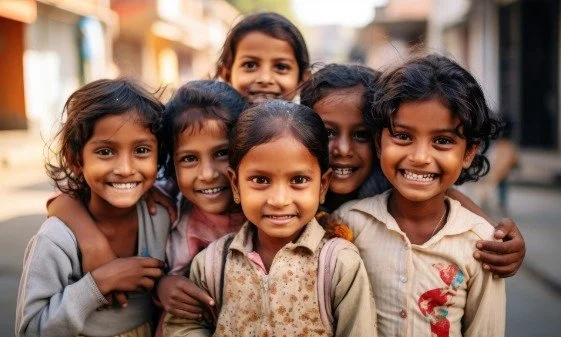
Educate Girls Becomes First Indian NGO to Win Magsaysay Award
“Educate Girls” has become the first Indian non-profit to win the Ramon Magsaysay Award, often called Asia’s Nobel Prize. The group was honored for helping girls from remote villages across India get back into classrooms and stay there. It aims to reach 10 million learners across India by 2035.
